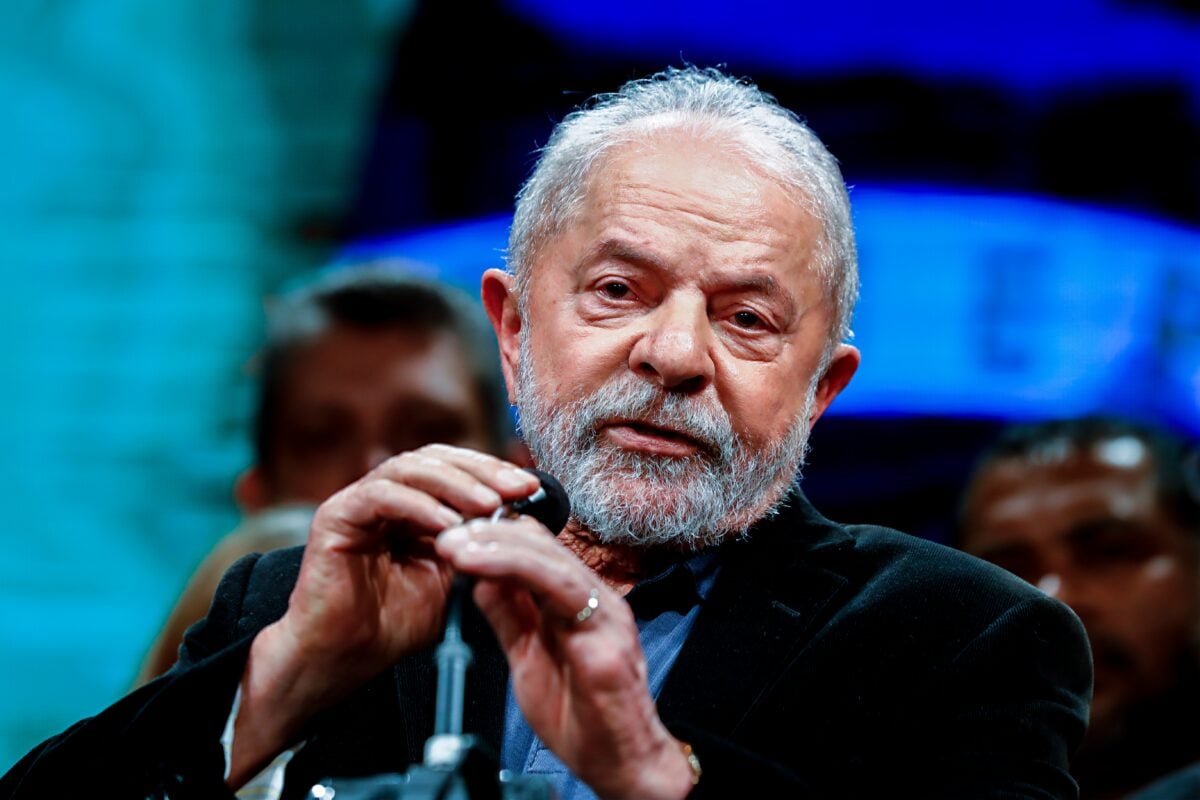TLDRs;
- Brazil waives multiple federal taxes to stimulate data center growth, potentially unlocking $377 billion in investment.
- New “Redata” program requires all data centers to use 100% renewable energy for eligibility.
- Policy doubles as economic diplomacy, softening U.S. trade tensions while drawing in Big Tech.
- Projects like the ByteDance–Casa dos Ventos partnership highlight Brazil’s mix of clean energy and digital expansion.
Brazil President Luiz Inacio Lula da Silva signed an executive order eliminating a series of federal taxes on key IT equipment, aiming to supercharge the country’s digital economy.
The move, government officials say, could unlock as much as 2 trillion reais (US$377 billion) in new data center investments over the next decade.
The tax breaks apply to critical capital expenditures, including servers, cooling systems, and power equipment, that are essential to building and scaling data centers. Exemptions cover levies such as PIS, Cofins, IPI, and import duties, all of which have historically been major cost barriers for operators looking to expand in Brazil.
Renewable energy at the core
The initiative, referred to as the “Redata” program, comes into force at the beginning of September 2025. In a shift designed to appeal to sustainability-conscious tech firms, the program ties tax benefits to a requirement that all participating projects operate on 100% renewable energy.
Brazil’s energy matrix offers a clear advantage. With more than 80% of its grid powered by renewables, including hydropower, wind, and solar, the country is well-positioned to attract international companies struggling with energy supply issues in other regions.
By comparison, U.S. states such as Virginia and Oregon, longtime data center hot spots, are increasingly placing restrictions on new facilities due to power constraints.
Tech diplomacy amid trade tensions
The timing of Brazil’s data center push is significant. The U.S. recently imposed a 50% import tariff on Brazilian goods, straining trade relations between the two nations. Rather than retaliate with countermeasures, Brasília has instead opted for a more strategic path wooing global tech giants with investment incentives.
By easing entry for foreign players, including American firms, Brazil aims not only to secure infrastructure investment but also to reframe its trade relationship with the U.S. Officials close to the matter describe the program as a form of “economic diplomacy,” designed to build goodwill while opening opportunities for collaboration.
Brazil has already dropped earlier proposals to impose new taxes specifically on Big Tech, a decision widely interpreted as a peace offering amid tensions. The Redata plan could therefore serve a dual purpose: supporting domestic digital growth while also smoothing diplomatic waters.
Major projects already in motion
Several international projects are reportedly lining up to take advantage of the new framework. One high-profile development involves a partnership between Brazilian renewable energy firm Casa dos Ventos and ByteDance, the parent company of TikTok, at the Pecem port complex.
This facility is expected to integrate large-scale wind energy production with advanced data center operations, providing a showcase for Brazil’s renewable-plus-digital model.
Industry analysts note that beyond tax incentives, Brazil’s combination of abundant clean energy, growing internet demand, and strategic positioning as a South American hub makes it an increasingly attractive destination. Still, both the executive order and the related bill to strengthen CADE, the country’s antitrust regulator, require eventual congressional approval, leaving some uncertainty over the long-term policy environment.







